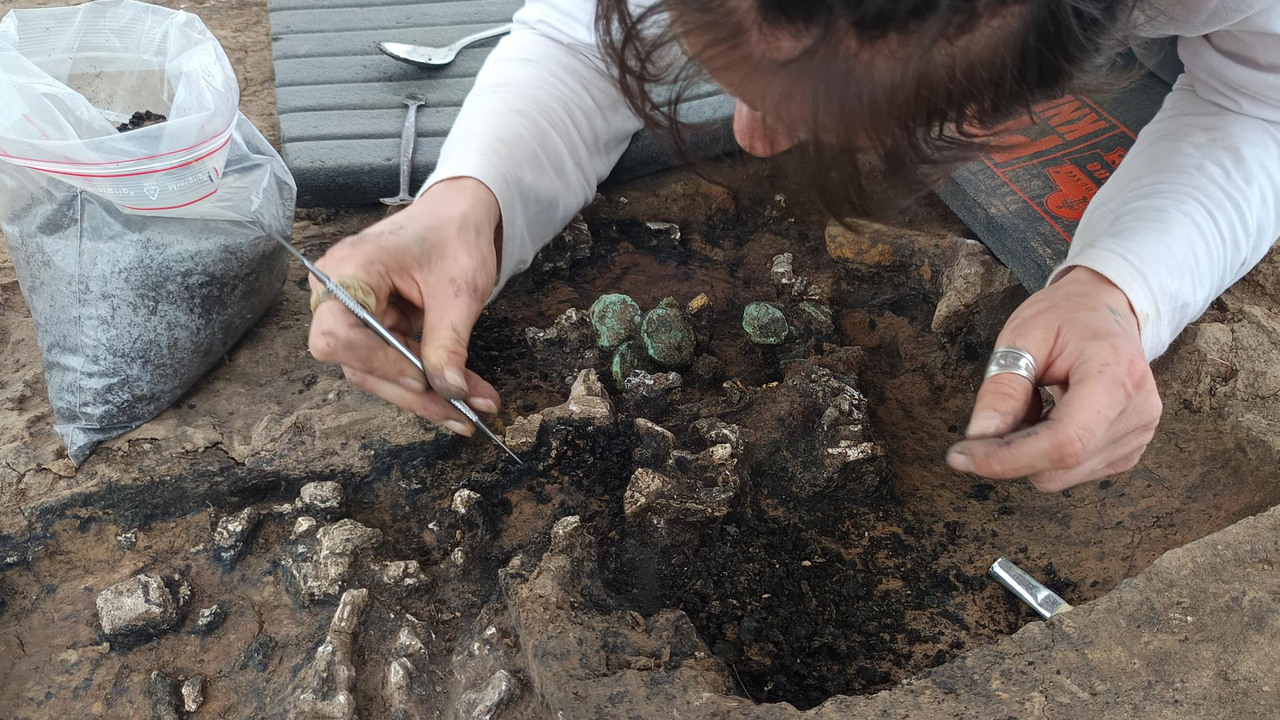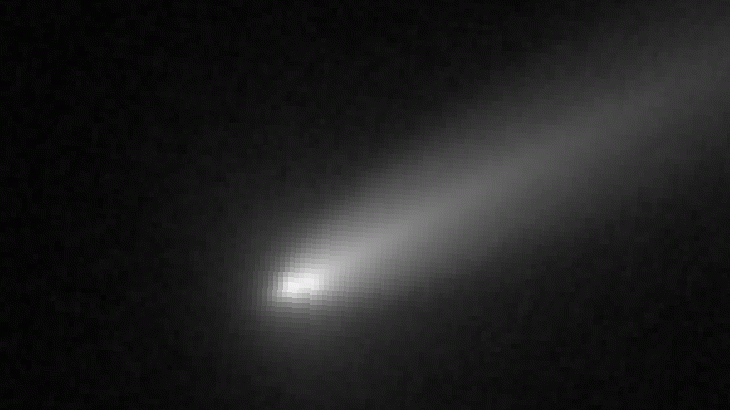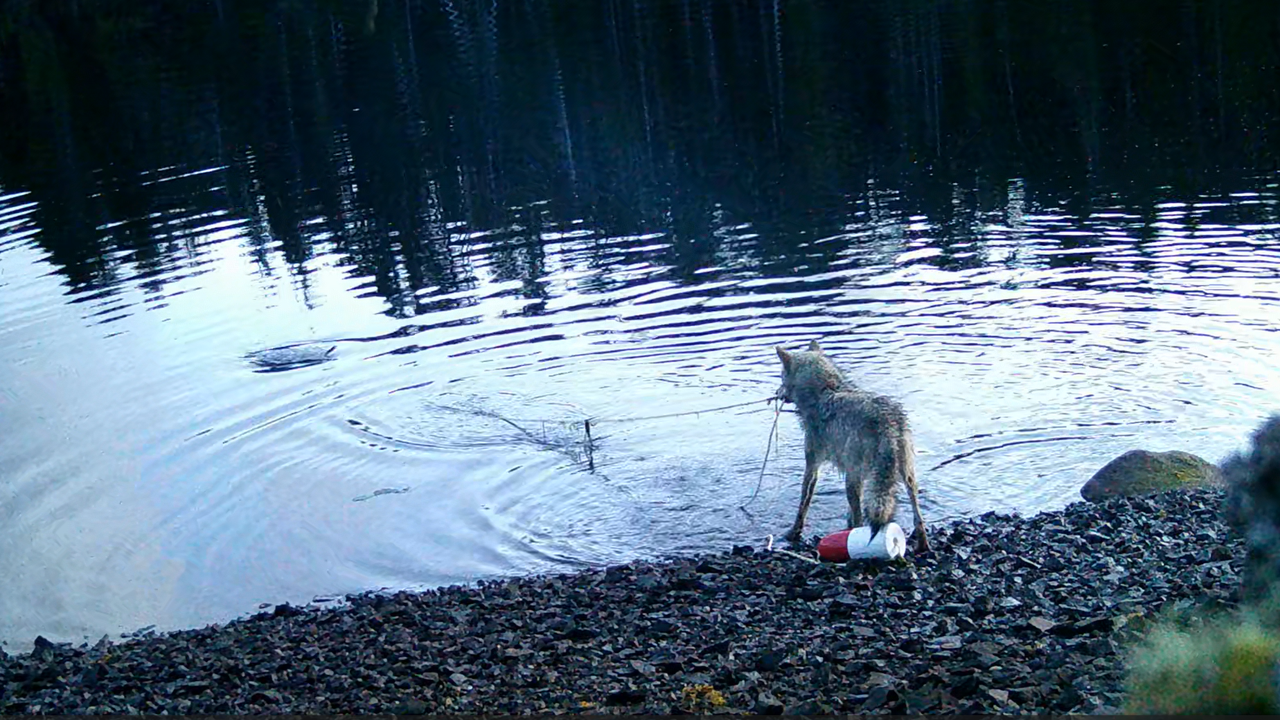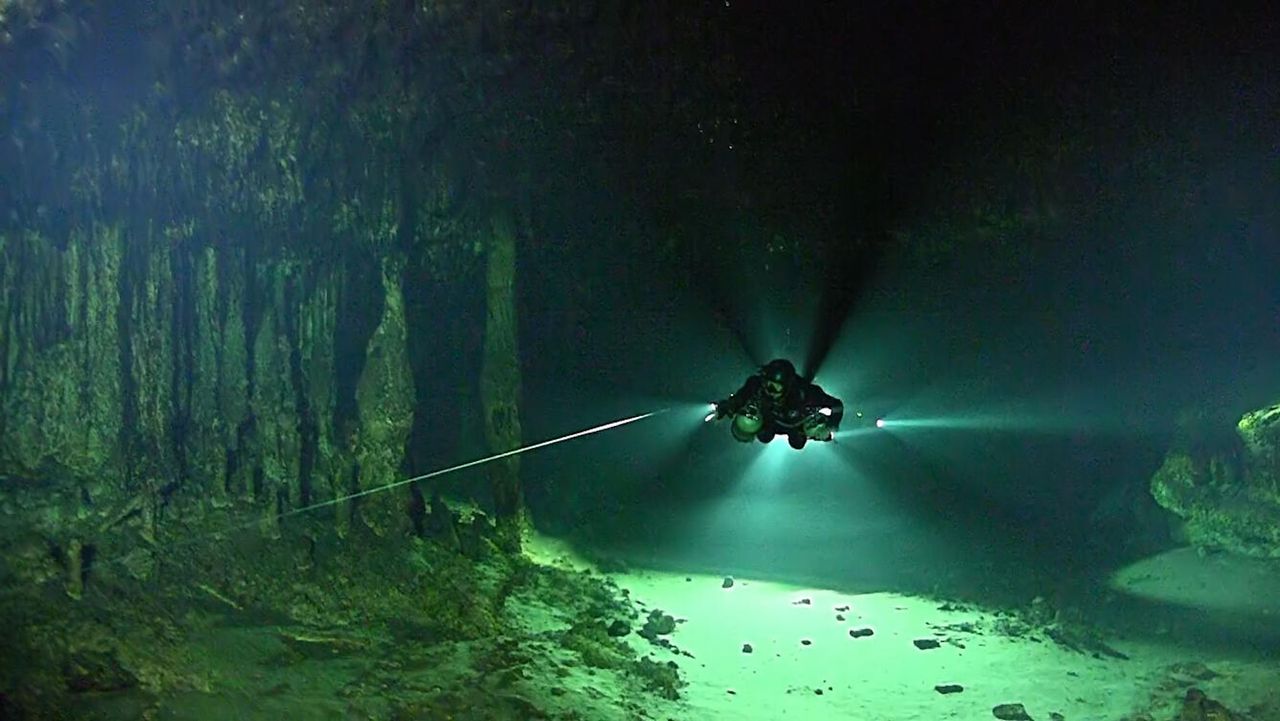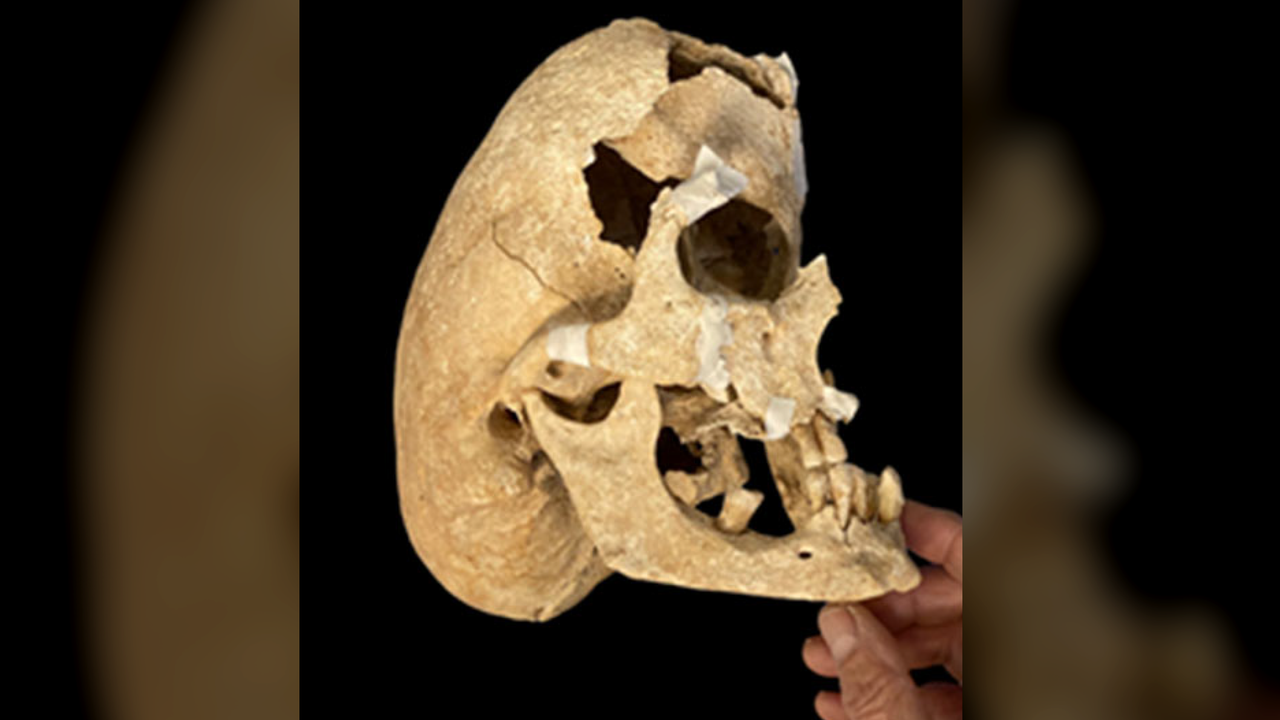The evolution of life on Earth 'almost predictably' led to human intelligence, neuroscientist says
NeutralScience
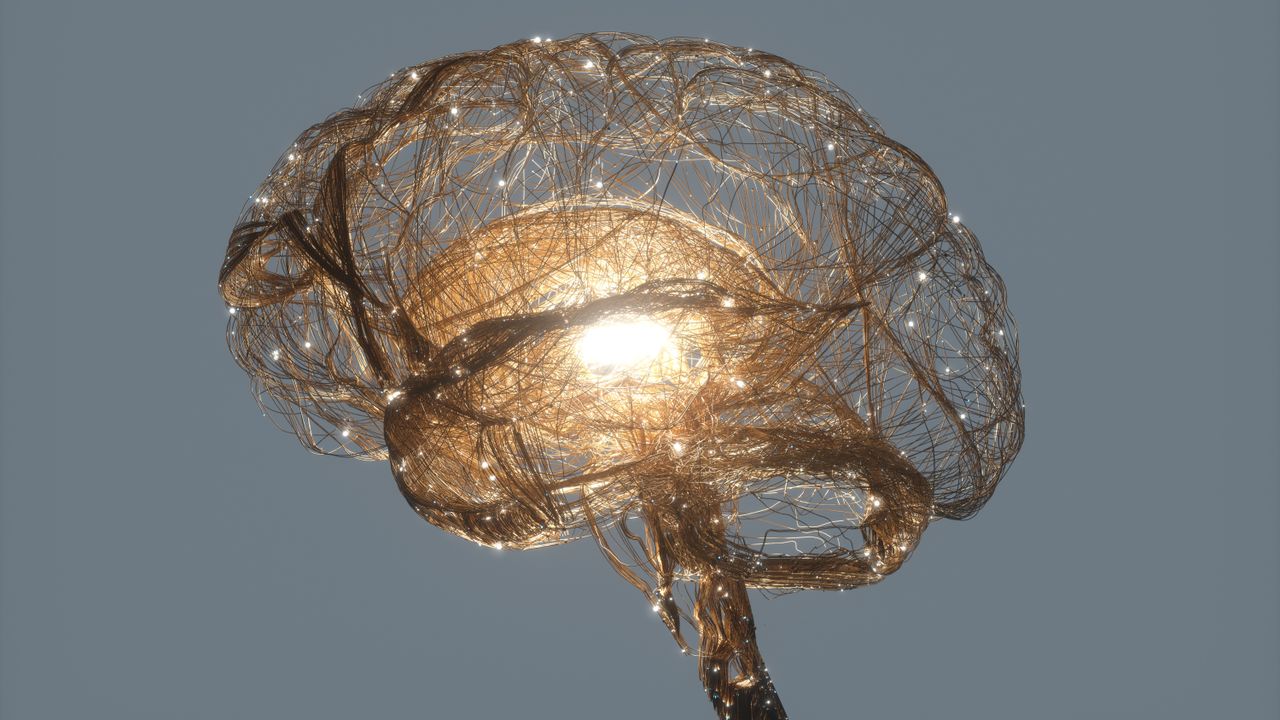
- Neuroscientist Nikolay Kukushkin discussed the evolution of human consciousness in an interview with Live Science, suggesting that the development of life on Earth has led to human intelligence in a manner that could be considered almost predictable.
- This perspective on the evolution of consciousness is significant as it provides insights into the biological and evolutionary processes that may have shaped human intelligence, potentially influencing future research in neuroscience and our understanding of cognitive development.
— via World Pulse Now AI Editorial System



